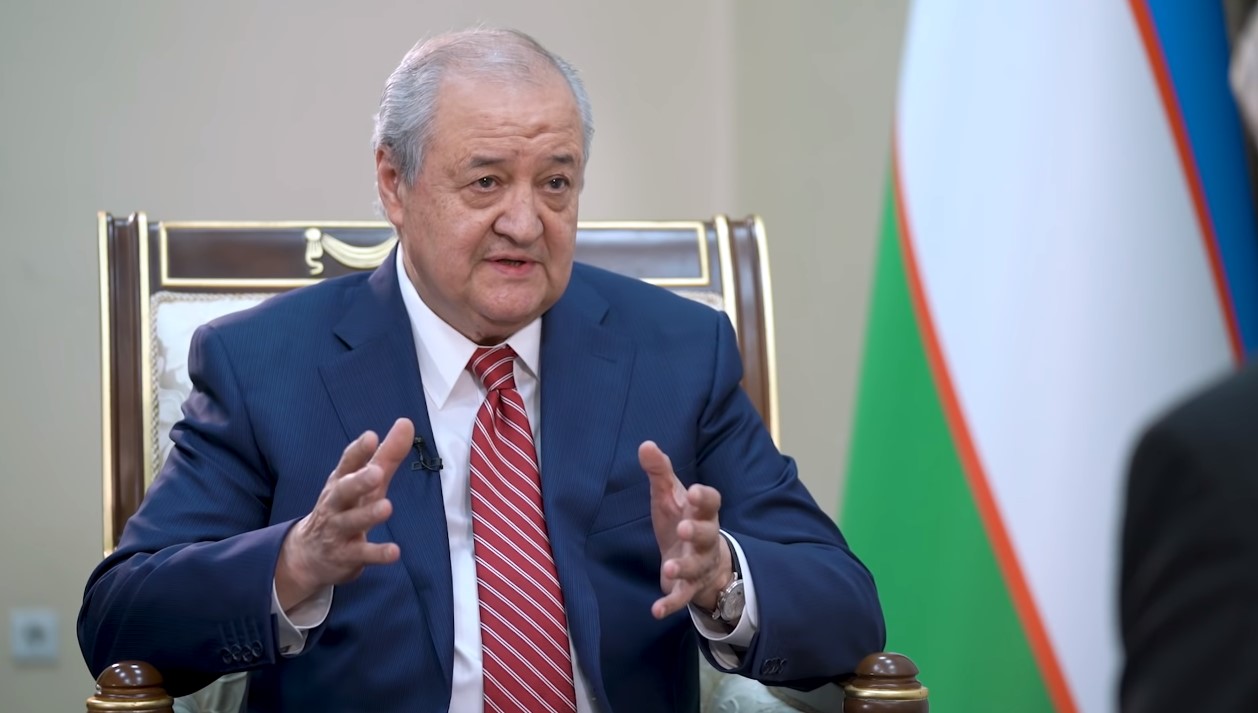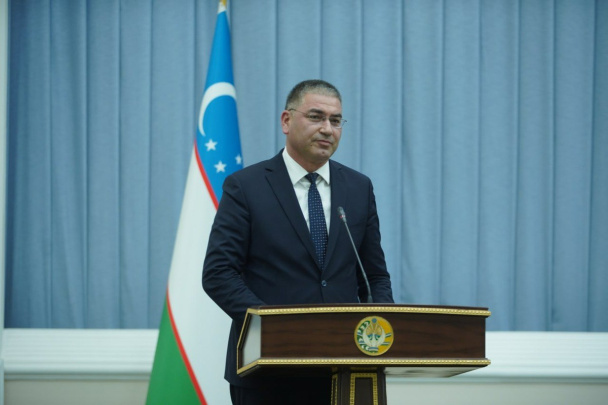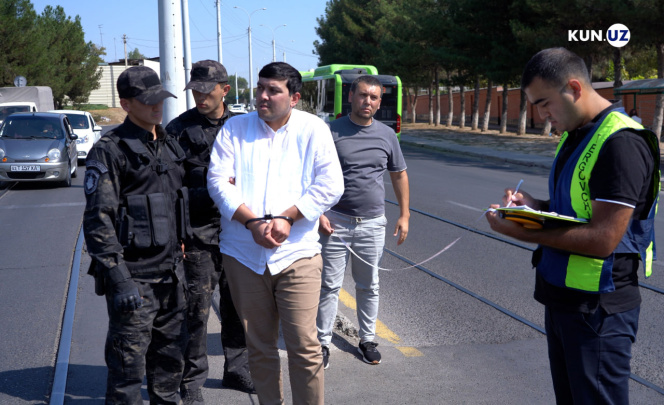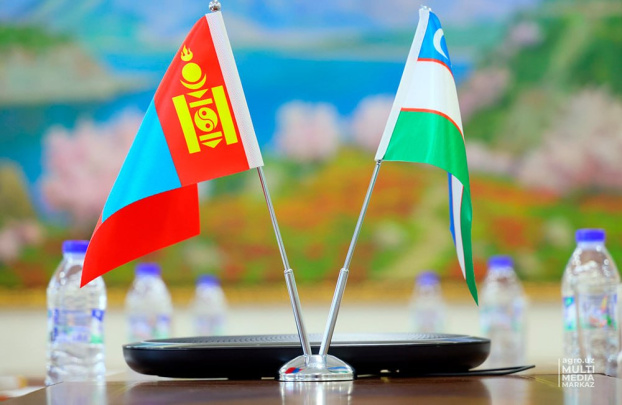Uzbek Foreign Minister Abdulaziz Kamilov gave an interview to Dennis Woolie, the author of the “This Is America TV” project, who arrived in Uzbekistan.
Much of the conversation with the American journalist was about the Afghan problem.
The FM said a compromise between the armed opposition and the official government in Afghanistan would not be easy. According to Kamilov, the international community needs to help both sides, not just the official government, so that they can reach an agreement.
- You have a border with Afghanistan. This is an extremely important topic. Let’s talk about it. The US plans to withdraw its troops by September 11. How do you feel when you think about it?
- Our views on the region are different. Before talking about this, I would like to say that, first of all, the problem in Afghanistan cannot be solved by military means. The second important aspect is that Afghanistan should be an integral part of Central Asia. It is a single and integrated region.
Third, a common approach to peace in Afghanistan, both regionally and internationally, is needed. That is why we – whether it is in Doha, Turkey or elsewhere – support all formats of negotiations.
Uzbekistan has become the first country to establish direct contacts with the Taliban. Frankly speaking, at that time, we were criticized for recognizing the Taliban. However, it is a real opposition.
What will be the political system in Afghanistan? Of course, we cannot accept the Islamic Emirate of Afghanistan that emerged in the 90s. At the same time, we believe that this problem should be resolved through mutual compromise between the current government and the armed opposition – the Taliban and others.
What does this mean? This means that there must be some strict Islamic rules. It will be an Islamic state because a large part of the population is Muslim. At the same time, we cannot deny the democratic achievements that have been made in the last 9 years. For example, the current government, elections, armed forces, security forces, women’s rights, girls’ rights, civil society, and so on. At the same time, we must respect Islamic values.
- What do the Taliban want?
- The Taliban want US troops to leave first.
- Whom will they fight against after the US leave? There will be no enemy left.
- There will be no enemy, but the conflict in Afghanistan is a civil war. This conflict is not just a struggle against the US military. This conflict began with a civil war, a division in society.
- So, if the United States leave, will they fight against each other?
- Yes. We are far from the illusion that it will be easy for the armed opposition and the government to reconcile. But the international community needs to help both sides reach a compromise.
We cannot deny the seriousness of the situation in Afghanistan. We are adamant that there should be national reconciliation.
- You say that there are not only the Taliban, but also other enemies. Who are these “others”?
- I would not want to call them “enemies”. They are all parts of Afghan society.
- Are they also the armed opposition?
- They are not just the armed opposition. There are many other parties who are not actively involved in these processes. For example, leaders of some political parties, traditional leaders, religious leaders, leaders of some regions, and so on.
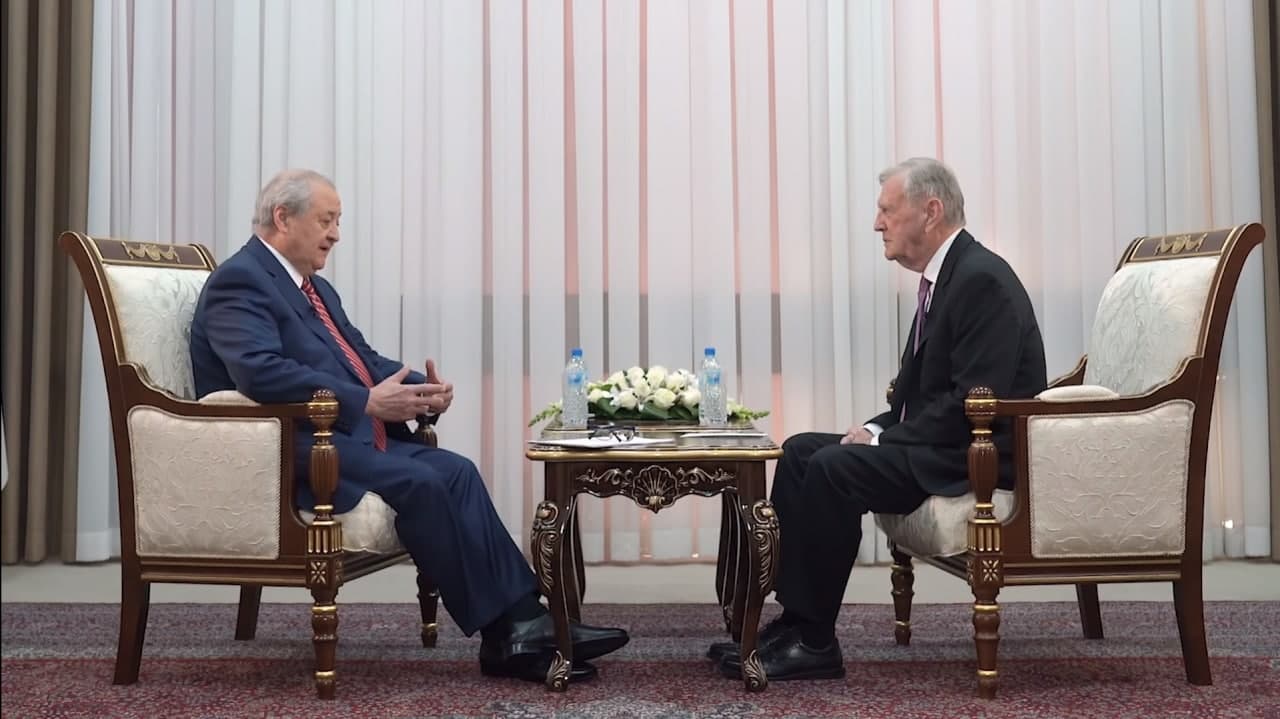
Therefore, in addition to the Taliban, they must take part in the peace process.
- Does the Taliban want power or peace?
- I do not want to advocate the Taliban, but I recommend you, Dennis, to take a look at the publication on the website of the Islamic Emirate of Afghanistan. This article talked about what kind of country the Taliban want.
Very interesting article. I will send it to you. They say in the article: “We want an independent and sovereign country without outside interference. We do not want our territory to be occupied by foreign armed forces. We want to ensure the rights of women, girls and others. Women should be able to work in education, medicine and other fields. We want to establish friendly relations with neighboring countries...” and so on.
That is why, in my opinion, there is an area where the common interests of the government and the opposition converge. They need to expand this area and reach an agreement for the benefit of the Afghan people.
There are also some oppositions who say: “If the Afghan people choose a presidential republic, we will agree with it”.
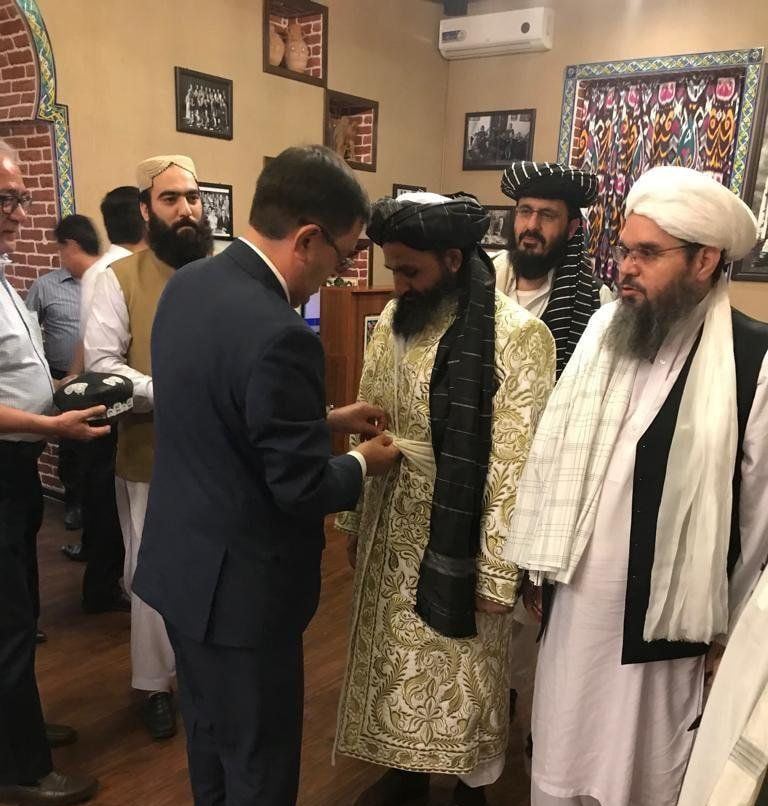
- Do the peoples of the region have hope and optimism about Afghanistan?
- You know, Dennis, we are a little optimistic because the situation has changed. For example, what was the situation 2 years ago? What positive changes have taken place? First, both sides [the official Afghan government and the Taliban] have established direct contacts, for the first time in the past 40 years. They have their own agenda. The international community has also become more active in bringing peace and stability to Afghanistan. The Taliban also want direct talks and an agreement.
Sometimes people say: “The Taliban movement – a terrorist organization”. Of course, they probably had some connections with various extremist organizations. But you can’t give me any example of the Taliban carrying out terrorist attacks outside Afghanistan’s national borders for the last 40 years. Neither in Central Asia, nor in Europe, nor anywhere else.
When I met with Taliban leader Mullah Barodar in Doha, our journalists asked him: “How do you want to build ties with neighboring countries?” Speaking about Uzbekistan, he replied: “We will never allow any organization in Afghanistan to take any action against Uzbekistan”.
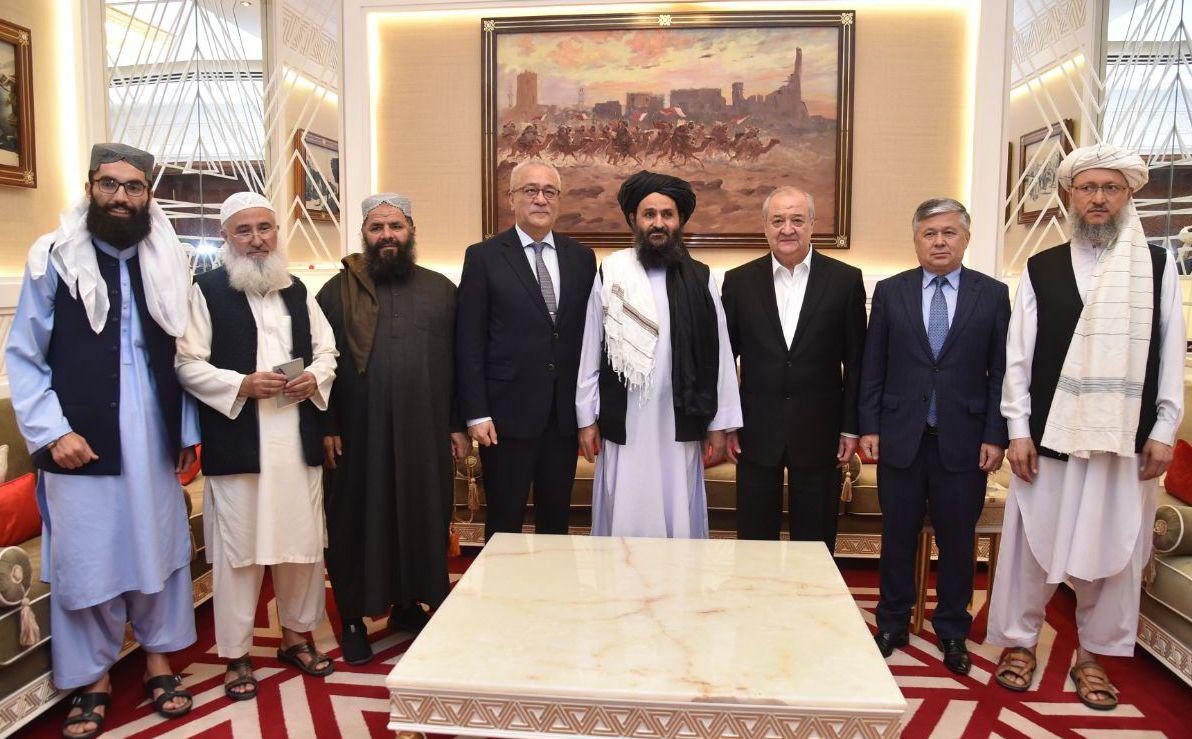
- My last question on Afghanistan. Do you consider the Taliban a terrorist organization or not?
- My personal opinion?
- Yes.
- I don’t think so. If so, would the United States negotiate and sign a deal with the Taliban? After all, the principle of the United States is clear: you have never negotiated directly with terrorists, and you never will.

